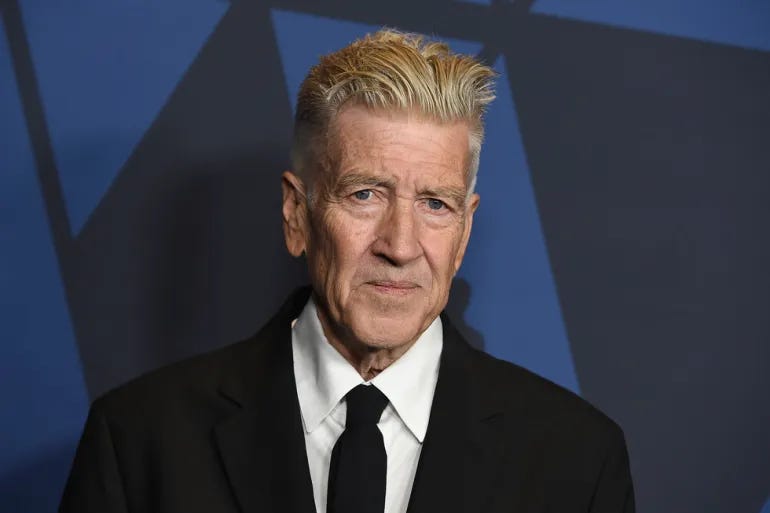Legendary Filmmaker David Lynch, Creator of Twin Peaks, Dies at 78
David Lynch, the acclaimed director behind Blue Velvet, The Elephant Man, and Mulholland Drive, has passed away at the age of 78.
His family confirmed his death in a social media post on Thursday but did not disclose the cause.
“We ask for privacy during this time. There is a deep void without him, but as he would say, ‘Keep your eye on the donut and not on the hole,’” the statement read. “It’s a beautiful day with golden sunshine and blue skies all the way.”
A Visionary in Surreal Cinema
Born in Montana, Lynch gained recognition as one of the most innovative filmmakers of his generation. He received three Academy Award nominations for Best Director and one for Best Adapted Screenplay.
While studying at the Pennsylvania Academy of Fine Arts in the 1960s, Lynch was inspired by the decaying urban environment, which led to the creation of Eraserhead (1977), a surreal and nightmarish film that earned a cult following and admiration from director Stanley Kubrick.
Lynch’s breakthrough came with The Elephant Man (1980), a poignant portrayal of a man with severe physical deformities in Victorian England. The film received eight Academy Award nominations, cementing Lynch’s place in Hollywood.
Over his career, Lynch collaborated with major Hollywood stars, including Naomi Watts, Laura Dern, Dennis Hopper, and Nicolas Cage. In 1990, he ventured into television with Twin Peaks, a groundbreaking series that redefined mystery and neo-noir storytelling.
Celebrated Career and Lasting Influence
Lynch was awarded the Palme d’Or at the Cannes Film Festival in 1990 for Wild at Heart, a dark romantic drama. His work was recognized with numerous accolades, including an honorary Academy Award in 2019 and a Golden Lion for lifetime achievement at the Venice Film Festival in 2006.
Tributes poured in following his passing. Director Ron Howard called Lynch “a gracious man and fearless artist who followed his heart & soul and proved that radical experimentation could yield unforgettable cinema.”
Journalists also shared stories of Lynch’s generosity. Nick Newman, managing editor of The Film Stage, recalled an interview where Lynch unexpectedly asked for his address. “A few weeks later, a signed coffee mug arrived in the mail,” he wrote. “He didn’t have to do that. No other interviewee has ever shown such kindness.”
Lynch’s dreamlike storytelling, rich symbolism, and bold cinematic style leave behind a lasting legacy that will continue to inspire filmmakers and audiences for years to come.


